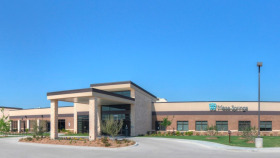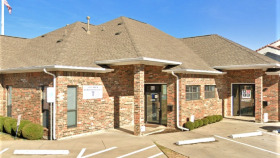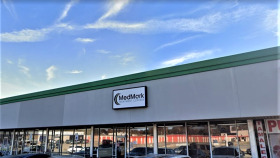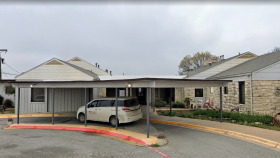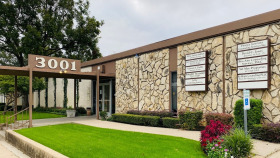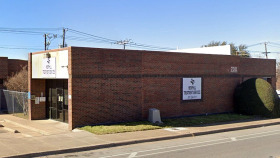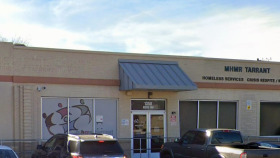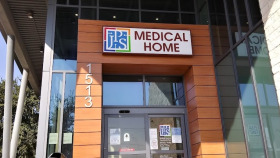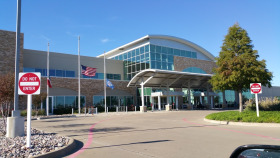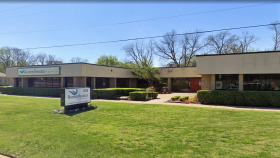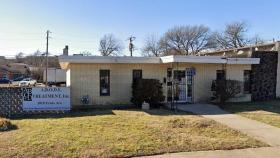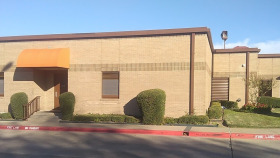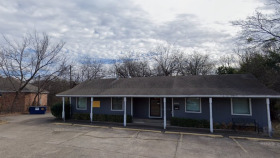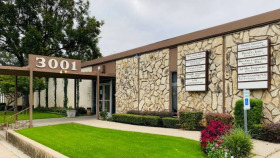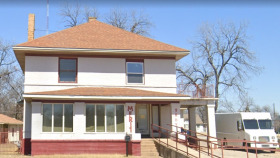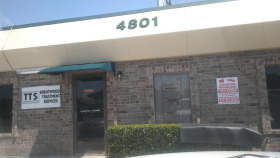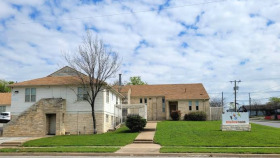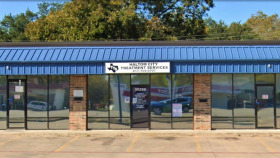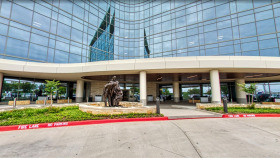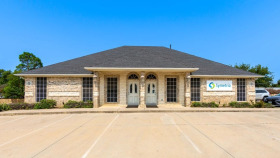Expert Insights
As a fairly new mom, one of the things that keeps me up at night is worrying about my children. Like every mom, I want to make sure my kids are safe. And one of the places where we simply expect them to be safe is within their schools. But we’re sadly discovering that the implied safety of a school is more of a facade. I recently read about a Fort Worth school within the Carrollton-Farmers Branch Independent School District that has seen a rash of opioid overdoses – including three fatal overdoses – meaning the kids were getting and taking illicit opioid pills while in school. One mother said she even reported the problem to school officials after her daughter admitted she was addicted after months of taking opioid pills between classes. No action was taken by the officials. This only strengthens my resolve to have an open dialogue with my children (when they’re old enough) about the dangers of drugs and the potential consequences of addiction. It’s up to us as parents to take the lead in this battle against drug abuse and ultimately keep our kids safe.
~ Natalie Baker
Are There Low-Cost and Free Drug Rehab Centers in Fort Worth?
If you do not have private health insurance, you can still access life-saving addiction help. State-funded and free clinics for drug and alcohol rehab in Fort Worth offer low-cost or free addiction treatments.
Some of these facilities receive state funding to provide care to low-income individuals or those without health insurance.
Low-cost and free drug rehabs in Fort Worth often require certain information before you are admitted, including:
- Proof that you are a Texas resident
- Your legal status in the United States
- Information about your addiction status
- Proof of income and lack of insurance
Resources
- Visit Fort Worth. (2022). Fast facts.
- Substance Abuse and Mental Health Administration. (2021). 2019-2020 NSDUH State-Specific Tables.
- National Center for PTSD. (2022). PTSD and substance abuse in veterans. U. S. Department of Veterans Affairs.
- Visit Fort Worth. (2022). Near Southside.
- Tarrant County Texas. (2022). Direct Program.


